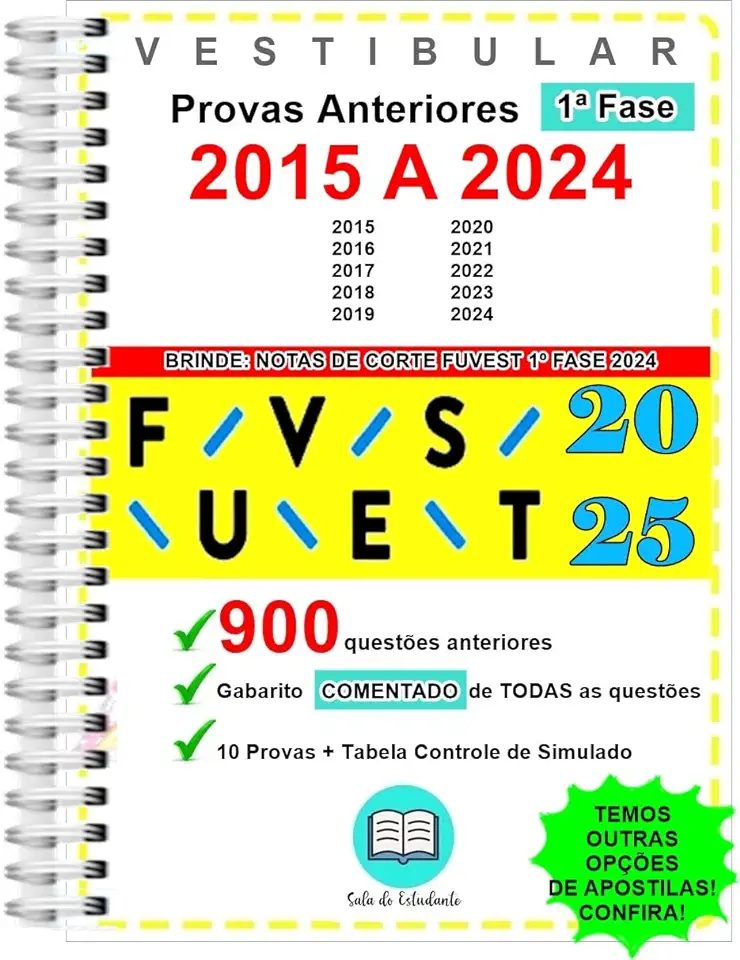
Post-Piagetian Constructivism - Esther Pillar Grossi
Post-Piagetian Constructivism: A Comprehensive Guide to Theory and Practice
Introduction
In "Post-Piagetian Constructivism," Esther Pillar Grossi presents a comprehensive exploration of the post-Piagetian constructivist theory, offering a fresh perspective on cognitive development and learning. This book is a must-read for educators, psychologists, and anyone interested in understanding how individuals construct knowledge and make sense of the world around them.
Key Concepts and Principles
Grossi begins by introducing the fundamental concepts and principles of post-Piagetian constructivism, building upon the groundbreaking work of Jean Piaget. She emphasizes the active role individuals play in constructing their own knowledge and understanding, rather than passively receiving information from the environment. This constructivist approach highlights the importance of experience, social interaction, and cultural context in shaping cognitive development.
Theoretical Framework
Grossi provides a detailed examination of the theoretical framework of post-Piagetian constructivism, drawing on the works of prominent theorists such as Lev Vygotsky, Jerome Bruner, and John Dewey. She explores the concept of the "zone of proximal development," the role of language and social interaction in learning, and the situated nature of cognition.
Applications in Education
The book goes beyond theoretical discussions and delves into the practical applications of post-Piagetian constructivism in education. Grossi offers concrete strategies and techniques that educators can use to create constructivist learning environments, foster critical thinking, and promote meaningful learning experiences. She emphasizes the importance of active learning, collaboration, and authentic assessment.
Research and Evidence
Grossi presents a wealth of research and evidence to support the claims and principles of post-Piagetian constructivism. She draws upon studies from various disciplines, including psychology, education, and cognitive science, to demonstrate the effectiveness of constructivist approaches in enhancing learning and cognitive development.
Implications for Practice
The book concludes by discussing the implications of post-Piagetian constructivism for educational practice. Grossi challenges traditional teaching methods and encourages educators to adopt more learner-centered and constructivist approaches. She provides practical recommendations for designing curricula, facilitating discussions, and assessing student learning in ways that align with constructivist principles.
Conclusion
"Post-Piagetian Constructivism" is a comprehensive and thought-provoking exploration of a powerful theoretical framework that has revolutionized our understanding of cognitive development and learning. Esther Pillar Grossi's book is an essential resource for anyone seeking to deepen their knowledge of constructivism and its practical applications in education. With its clear explanations, compelling research, and practical insights, this book is a must-have for educators, psychologists, and anyone interested in the field of cognitive development.